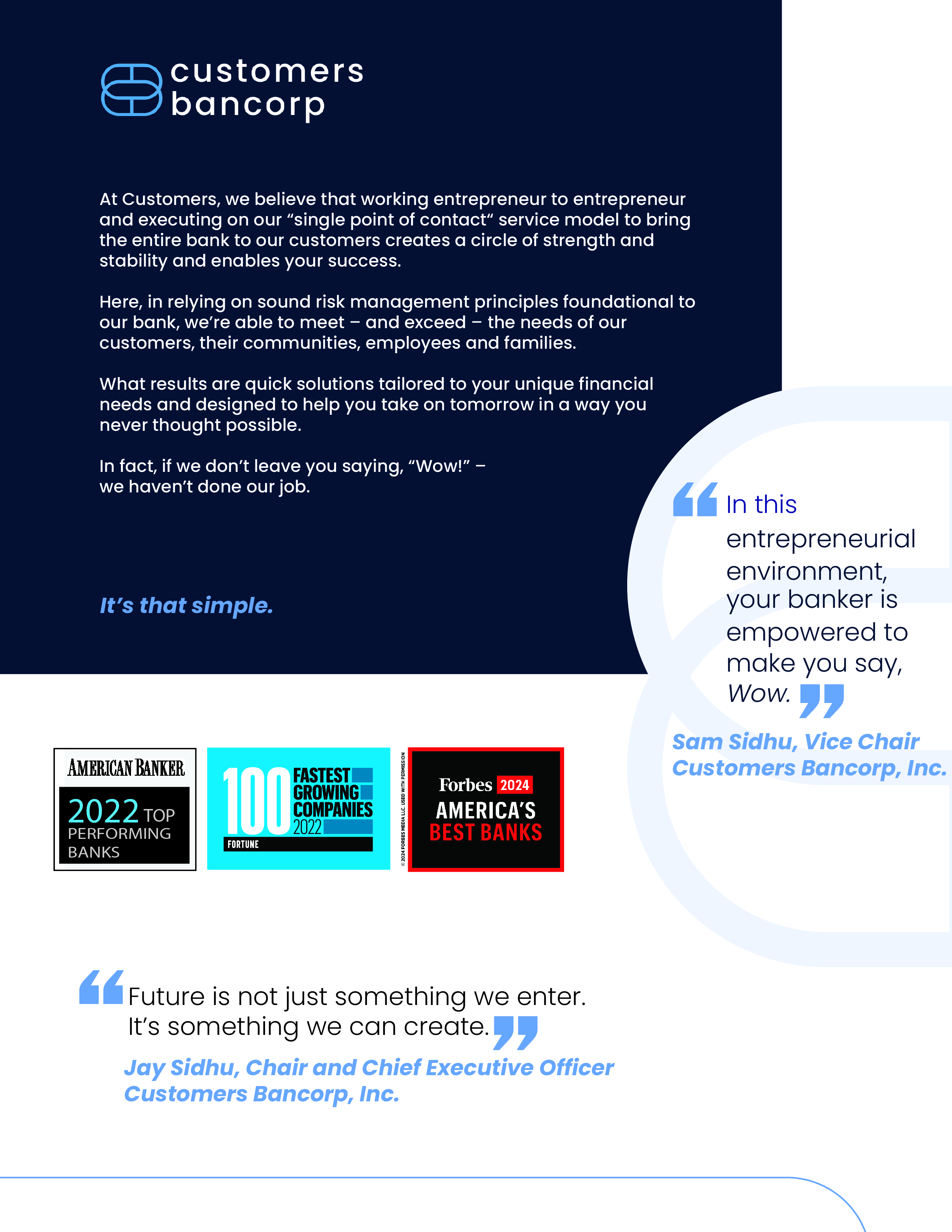In an unprecedented move signaling desperation, Goldman Sachs is set to demand that new analysts swear an oath of loyalty every three months to combat the rampant poaching by private equity firms. This decision reflects a broader crisis within the financial industry, where the battle for young talent has reached a fever pitch. According to reports, the investment bank will require junior bankers to certify they haven’t accepted job offers elsewhere, raising serious ethical questions about the treatment of young professionals in a high-pressure environment.
Goldman’s move stems from a growing trend of private equity firms targeting analysts before they even step into their roles. This practice, known as on-cycle recruitment, has left traditional banks scrambling to retain their brightest minds. As highlighted by Invezz, firms like Apollo Global Management have openly stated they will not consider hiring certain classes of analysts, creating an uneven playing field that disadvantages the very individuals they claim to support.
Young Bankers Face Ethical Dilemmas
JPMorgan Chase CEO Jamie Dimon has called this recruitment tactic “unethical,” noting that it places junior bankers in a precarious position, forced to navigate conflicts of interest while handling sensitive information. As reported by Bloomberg, this feedback is echoed by many in the industry who recognize that young analysts are often privy to critical financial data that could jeopardize their current employer if they have already committed to a future employer.
The Impact of Loyalty Oaths on Workplace Culture
Goldman Sachs’ insistence on loyalty oaths reflects a toxic workplace culture that prioritizes profits over people. By coercing employees into pledges of allegiance, the firm is not only undermining the ethical standards of the financial sector but also fostering an atmosphere of distrust and fear. This approach does little to enhance employee morale or loyalty; instead, it serves to alienate young workers who are already navigating a highly competitive job market.

cubi-20240417
Industry Response to Recruitment Practices
The backlash against aggressive recruitment strategies has prompted some firms to reconsider their approaches. Apollo"s decision to halt interviews for certain classes highlights a growing awareness among industry leaders that placing premature pressure on young talent can backfire. As noted by Bloomberg, this shift may represent a turning point in how financial firms engage with emerging talent, emphasizing the need for a more ethical and sustainable recruitment process.
Long-Term Implications for Financial Institutions
The long-term consequences of Goldman Sachs’ loyalty pledge could reshape the financial landscape. If junior bankers feel compelled to hide intentions or suppress their career aspirations to appease their current employers, the industry risks losing innovation and creativity. Young professionals are the future of finance, and their wellbeing should be the priority rather than their compliance with loyalty demands.
As these policies unfold, the financial industry must grapple with the ethical implications of demanding such loyalty from young professionals. The focus should shift towards fostering an inclusive and supportive environment that empowers talent rather than shackles them with loyalty oaths.

Private Equity Recruitment Trends: Post-Conference Takeaways ...







![[Video] Gunfire between Iraqi security forces and Sadr militias in Baghdad](/_next/image?url=%2Fapi%2Fimage%2Fthumbnails%2Fthumbnail-1768343508874-4redb-thumbnail.jpg&w=3840&q=75)
